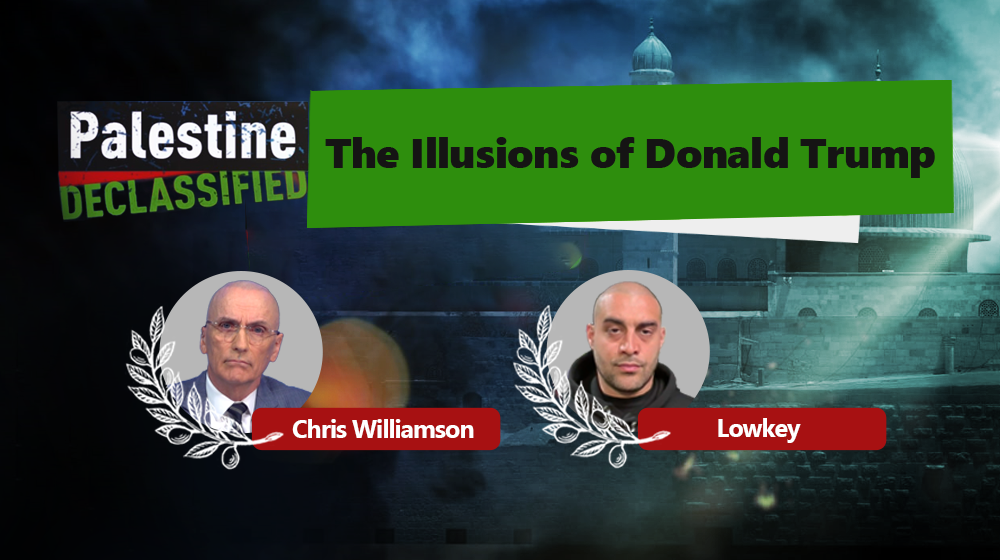Tracing Noam Chomsky's Zionist Past
Noam Chomsky has made significant contributions to the field of linguistics, but is better known for his political contributions and critiques of US foreign policy.
He is known for many books excoriating US imperialism including American Power and the New Mandarins, The Washington Connection and Third World Fascism, Necessary Illusions, Manufacturing Consent, Deterring Democracy and Hegemony or Survival.
On Palestine, Chomsky has written widely including the landmark book The Fateful Triangle: The United States, Israel and the Palestinians published in 1983. More recently On Palestine, written with the British-based scholar Ilan Pape.
One of Chomsky’s most important interventions is his 1967, is The Responsibility of Intellectuals to speak the truth and expose lies. This is surely what Chomsky has tried to do in a seemingly exemplary life of political commitment stretching over more than 70 years.
So when the revelations came about his meetings with the sex trafficker and serial abuser Jeffrey Epstein, it is only natural that questions be asked about what if anything might be the significance of Noam Chomsky's meeting with a man who is now widely regarded as being a Mossad asset. To answer this question we need to look at Chomsky’s overall attitude to the so-called state of Israel.
In his youth, Chomsky was a Zionist youth leader who was interested in Hashomer Hatzair the socialist Zionist group that for three years between 1942 and 1945 opposed a Jewish state, though they never allowed Arabs to join their Kibbutzim.
Chomsky was already politically conscious in 1942 at the age of fourteen; he was already visiting his uncle in New York who sold a Yiddish language Anarchist paper. In the 1950s Chomsky and his wife traveled to Israel and lived on the Hashomer Kibbutz Hazorea.
As Chomsky has recalled. They were binationalist. But there was an element of oppression I couldn't get around. If you know the history, you know that most idealistic anti-nationalist settlers insisted on a closed Hebrew society, you can't hire outside [Arab] labor, that sort of thing. You could see the motivation… Nevertheless, there's an exclusionary character to it.
It can be argued that one result of this experience was that Chomsky never really shed all of his Zionism. So, it is not a surprise to find him remaining a defender of the two-state solution and opposing the Boycott Divestment and Sanctions movement.
He is even on record as opposing calls for the right of return of Palestinians expelled by the Zionists on the grounds it is unrealistic. Perhaps these views will help to explain how and why Chomsky came to be entangled with a known sex abuser Jeffrey Epstein and came to meet with Epstein’s close contact with the former Israeli Prime Minister Ehud Barak.
Russia launches 'ICBM' for first time against Ukraine: Kiev
Scores killed as Takfiri terrorists target Shia Muslims in Pakistan
Pezeshkian to US, Europeans: You are killing women, children
VIDEO | COP29: another climate failure?
ICC issues arrest warrants for Netanyahu, Gallant for war crimes
Israeli strikes kill 88 Palestinians in northern Gaza
American voters plainly rejected complicity in Gaza genocide: Iran FM spox
ICC should issue more arrest warrants for Israeli authorities over Gaza genocide: UN expert









 This makes it easy to access the Press TV website
This makes it easy to access the Press TV website